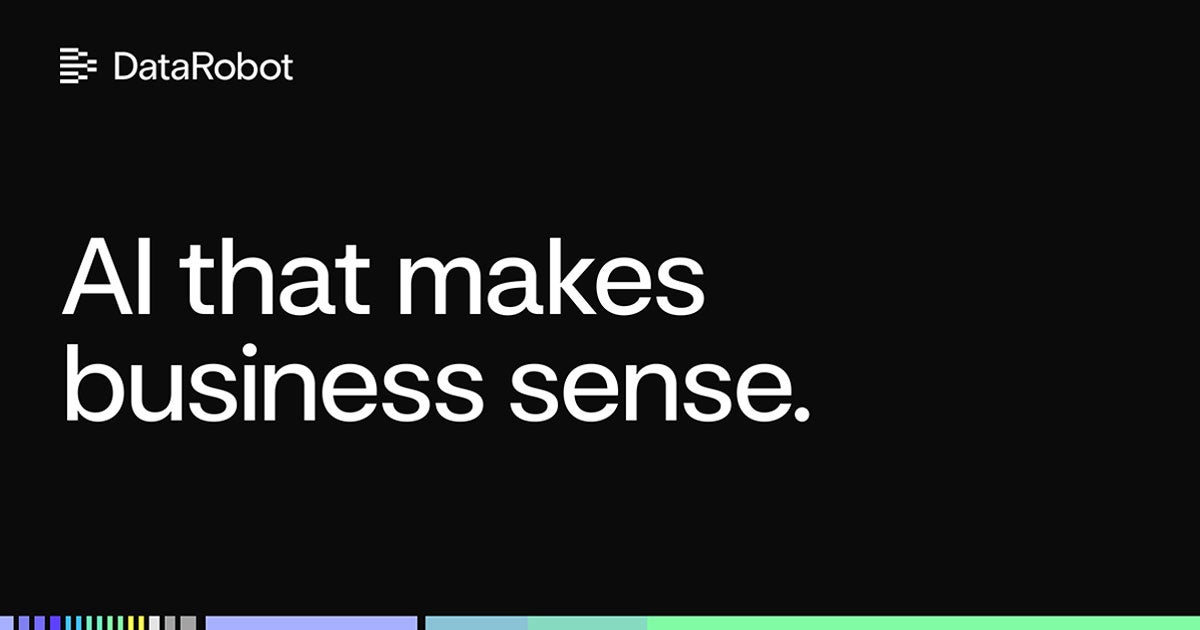Datarobot
22h
276

Image Credit: Datarobot
Why your agentic AI will fail without an AI gateway
- Agentic AI can become chaotic without control, highlighting the need for an AI gateway to centralize coordination, enforce rules, and ensure smooth operation.
- An AI gateway acts as a unifying interface for agentic AI workflows, enhancing routing, policy enforcement, and infrastructure efficiency.
- Benefits of an AI gateway include improved routing and orchestration, scalable policy enforcement, increased abstraction and flexibility, and enhanced operational confidence.
- Without an AI gateway, complexities in AI systems can lead to cost sprawl, redundancies, and increased enterprise risk.
- The AI gateway streamlines complexity by facilitating tasks such as swapping tools efficiently, responding to regulation changes, and adding new tools to agentic processes.
- Risks without an AI gateway involve escalating infrastructure costs, security and governance blind spots, rigid systems, and difficulty in adapting to the evolving AI landscape.
- As agentic AI adoption accelerates, the need for AI gateways becomes crucial to ensure scalability, security, and operational efficiency.
- Common misconceptions about AI gateways include doubts about their necessity, applicability, potential overhead, and risks of vendor lock-in.
- An AI gateway provides the foundation to navigate the complexities of agentic AI, offering control, flexibility, and cost management capabilities.
- Get ahead of AI complexity by implementing an AI gateway to scale agentic AI securely, cost-effectively, and with full control from the start.
- The article emphasizes the importance of a comprehensive approach to AI management through the utilization of AI gateways for effective scaling and governance.
Read Full Article
16 Likes
For uninterrupted reading, download the app